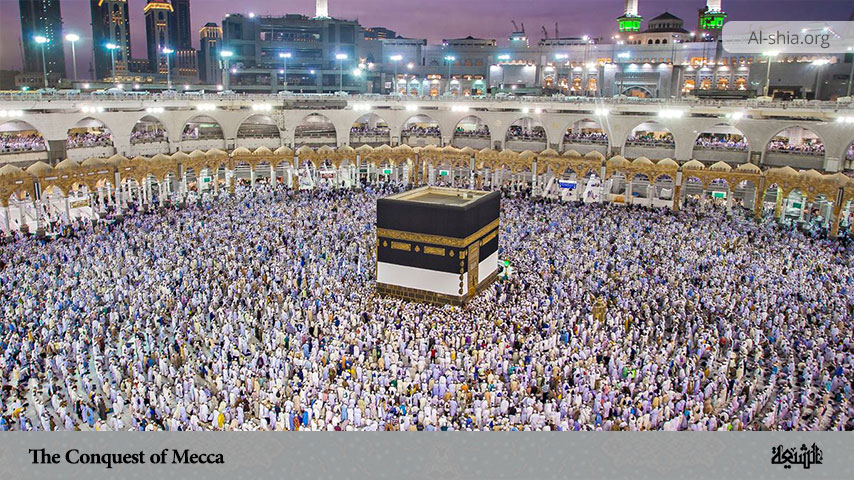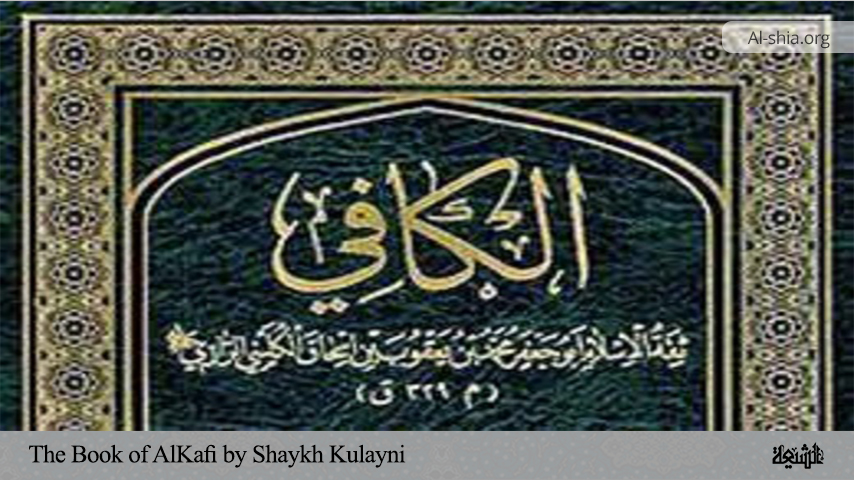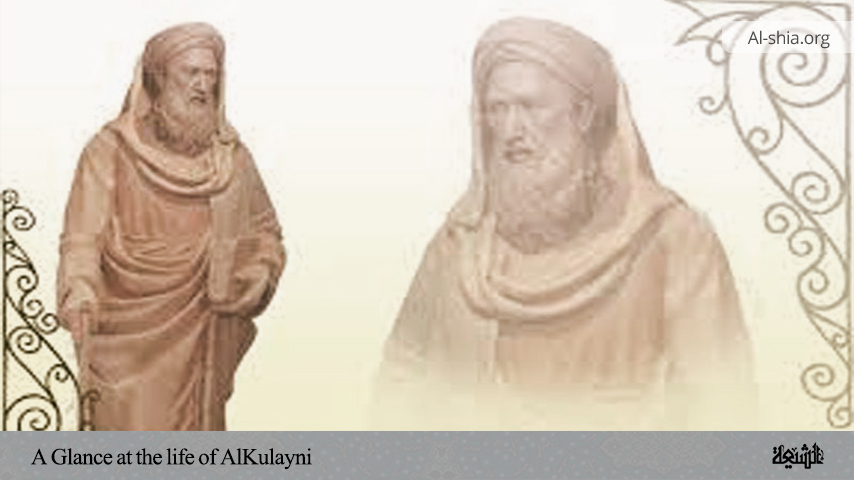it was in the month of Dhu al-Qa’dah in the sixth year of Hijrah that the Messenger of Allah (PBUHH) saw in a dream that he and his companions had travelled to Mecca and had succeeded in circumambulating the Sacred House of Allah and performing Umrah rites. The Prophet narrated this dream to his companions and promised them its actualization. After that, he invited the Muslims and tribes around Medina to follow him to Mecca in order to perform Umrah. Those aforementioned tribes did not welcome the invitation of His Eminence, except a few of them. It was only the emigrants and Ansar of Medina who were ready to travel and they thereafter left Medina with him.
The Treaty of Hudaybiyah
As the noble Prophet (PBUHH) moved out of Medina a little bit and reached a place known as “Dhu al-Hulayfah”, he put on Ihram clothes and put a mark of sacrificing animals on the seventy camels he had taken along with him and drove them in front to let the people who shall be taking the news of his departure to Quraysh understand that he did not come out with an intention of war, but he only intended to perform Umrah and the circumambulation of the Sacred House of Allah (i.e., Ka’aba).
The Prophet of Islam (PBUHH) and his companions continued to repeat ”Labbayk” until they reached ”’Usfān”, which was the name of a place two houses away from the city of Mecca. It was at that point that he met a man named Bashir who was from the Khuzā’a tribe and asked him about the situation [in Mecca]. In response to the Prophet (PBUHH), he said: “The Quraysh, who have been informed of your movement, have all come out of the city to prevent you, and have brought their wives and children with them, and they have taken an oath not to allow you enter Mecca at all cost.”
Thereafter, the Prophet (PBUHH) turned to his companions and said: “Who can lead us on a route so that we do not encounter Quraysh?” A man from the tribe of Aslam came forward and took the reins of the Prophet’s camel and led them through the valleys and hard rocks, and they continued until they reached “Hudaybiyah” which is close to Mecca.
The camel suddenly stopped there and did not go any further. The Prophet knew that this was a mystery. Therefore, when the companions said: “The camel is stuck and cannot move any further?” He (PBUHH) said: “No, the camel was not pretending, but the One [i.e., Allah] Who stopped the elephant from reaching Mecca [in the Year of Elephant] has also stopped this camel from moving, and today I will accept any proposal made by Quraysh that is related to the aspect of kinship.”
Quraysh had come out of Mecca with a large army. The Messenger of Allah (PBUHH) said to his Meccan delegates: “We have not come here to fight, but we only intended to perform pilgrimage of the Sacred House of Allah and Umrah.”
The noble Prophet (PBUHH) called for Umar and said to him: “Come and go to the Quraysh and explain what we intended by this journey to them and convey our message!”
Umar, who feared for his life from Quraysh, explicitly apologized for his inability to do this. Then the Prophet of Allah (PBUHH) commissioned Uthman to do it. Uthman went to Mecca and delivered the Prophet’s message to the Quraysh. They replied: “We will not allow Muhammad to come to this city and circumambulate the Ka’aba.” But for you, who have come here, you can get up and circumambulate”
Uthman said: “I will not do this before the Prophet of Allah and I will not perform circumambulation (Tawaf) until he (PBUHH) does.” Then, the Quraysh did not let Uthman return to the Prophet and imprisoned him in Mecca.
The news reached the Muslims that Uthman had been killed! More agitation was found among Muslims following this news. The Messenger of Allah (PBUHH) who was sitting under a tree said: “I will not get up from here until my duty with the Quraysh is clarified.”
And after that, the Holy Prophet (PBUHH) asked the Muslims to pledge allegiance to defend Islam, and because this pledge was made under a tree, that’s why it was also called “The Pledge of the Tree”. Before the pledge of allegiance was over, another piece of news was received that Uthman was alive and that he was only imprisoned by the polytheists. After many consultations and discussions, Quraysh sent Suhail ibn Amr to convince the Prophet of Islam in any way he could on their behalf to refrain from performing Umrah and entering Mecca that year, and he should do so the following year.
It was very clear that this agreement and reconciliation, no matter how it was, would end up in favour of the Muslims from the political point of view in such a situation because the Muslims had been recognized by the Quraysh without shedding blood.
The Conquest of Mecca
Among the articles of the Hudaybiyah peace treaty was that any of the Arab tribes who wanted to ally with Quraysh or the Prophet would be free to do so. Therefore, the two tribes named “Banu Bakr” and “Banu Khuzā’a”, which had been in conflict for years, each entered into a treaty with one of the two parties. “Khuzā’a” allied with the Holy Prophet (PBUHH) and “Banu Bakr” with Quraysh. Banu Bakr wanted to attack “Banu Khuzā’a” and following this thought, they went to Mecca and negotiated with some elders of Quraysh such as Ikrimah ibn Abi Jahl and Ṣafwān ibn Umayyah, they also brought them along with them. They planned an attack on “Khoza’a” and they also got their assistance in this regard.
Khuzā’a tribe who were unaware of everything remained calm in their homes, were attacked by Banu Bakr and their Quraysh allies, and based on a narration, twenty of them were killed by Bani Bakr.
The Messenger of Allah (PBUHH), who felt sad hearing this news promised them help and assistance and prepared to mobilize the army towards Mecca and fight with Quraysh.
At the moment the army, which was composed of ten thousand troops was advancing. It was the first time that Medina witnessed such a large army. It was the tenth day of the month of Ramadan that the army of ten thousand armies left Medina with the intention of conquering Mecca. All the efforts of the Prophet of Allah (PBUHH), who wanted the news of his movement not to reach the Quraysh, were to ensure that there would be no resistance from the Quraysh against them and that the Quraysh would not fight and resist, and no blood would therefore be spilt in Mecca.
The well-equipped Islamic army reached a place known as “Dhi Ṭūwa.” There was no resistance or reaction from the Quraysh side, and silence prevailed in the city of Mecca. The Messenger of Allah (PBUHH) divided the army into four groups and assigned each group to enter the city from different directions and ordered the commanders not to fight with anyone unless they were attacked. There were only a few people whose blood was spilt due to their bad records and lack of hope in their reform, he had directed the Muslim army to kill them wherever they were found.
The four groups entered Mecca from four directions, the Prophet (PBUHH) himself also came through “Azākhir” and a dome and a veil were erected for him next to the graves of Abu Ṭālib and Lady Khadijah, and he settled there.
The people of the city had gone to their homes and a large group had gone to the mosque and Mecca had surrendered. Only in one of the neighbourhoods of the city, where a group of Huzail and Banu Bakr tribes lived, they blocked the path of the Islamic troops based on the instigation of Ikrimah ibn Abu Jahl and Ṣafwān ibn Umayyah and they prepared for a fight and took a position in a place called “Khandamah.”
The army that passed through that neighbourhood was the group under the commander of Khalīd ibn Walīd. When Khalīd learned about the situation, he ordered a fight. The swords were drawn and the polytheists were pushed back to the vicinity of the Haram Mosque, and twenty people from Bani Bakr were killed in this encounter while the remaining people escaped, including Ikrimah and Ṣafwān.
The four groups from the four sides of Mecca reached the side of the Sacred Mosque. The Supreme Leader of Islam, after washing his head and face and taking a ritual bath )Ghusl(, came out of his special tent and rode a camel towards the Sacred Mosque. The city of Mecca which had used all its strength to fight against the divine message of the Prophet (PBUHH) and clamped down on the sacred invitation of that great man, has now been taken over by silence, humility and fear, and people were observing all the greatness and glory of a descendant of Abd al-Muṭṭalib and the noble Prophet of Islam (PBUHH) from the cracks of the house doors and a group from the top of the mountains.
While the reins of his camel were in the hand of Muhammad ibn Muslimah, and then with the stick he had in his hand, he received the stone, and thereafter he dismounted and began to take down the idols that were hung on the wall of the Ka’aba to break them, but since they were not accessible, he ordered Ali to step on his shoulder and throw them down.






